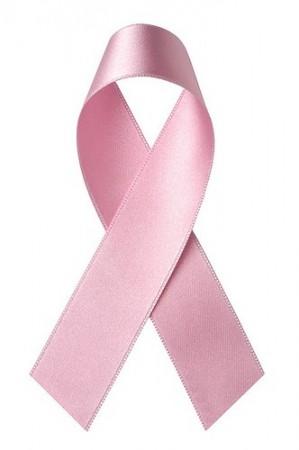
Breast cancer, the most prevalent cancer among Indian women, cannot deter motherhood, if intervention takes place at the right moment, say health experts. According to them, pregnancy is possible for women survivors of breast cancer -- it does not increase the risk of recurrence and neither does it cause any harm to the baby.
"Yes, pregnancy is possible for breast cancer patients. Currently there is no reason or evidence to believe that becoming pregnant after treatment for breast cancer can cause any risk to the mother or the baby," Upasna Saxena, Consultant (Radiation Oncology), at Mumbai's HCG Cancer Centre, told IANS.
"It is possible for women to continue with their pregnancy even while diagnosed with breast cancer and take treatments tailored to the stage of their pregnancy concurrently. They can go on to deliver healthy babies," added Kanchan Kaur, Associate Director, Cancer Institute at Medanta in Gurugram.
However, for some even "natural pregnancy is possible," Kaur stated.
In a striking case from the hospital, Paula, 33, from Rwanda, conceived naturally and delivered a healthy baby five years after she was diagnosed with breast cancer, the doctor said.
Paula was at high risk of developing breast and ovarian cancer in 2013. She completed four years of hormone blockade treatment, which blocks the action of Estrogen Receptor (ER) on breast cancer cells. Pregnancy is not advisable whilst on this treatment.
Although she had her eggs frozen before she started her chemotherapy, she conceived naturally and delivered a healthy baby after the treatment stopped.
In another case from HCG, a patient who was diagnosed with breast cancer at the age of 27 and treated in 2007 opted for breast conservation, against a full mastectomy -- and delivered a healthy baby boy in 2013.
"Previously, there were concerns over increased risk of cancer recurrence in women who contemplate pregnancy, but it's good news that studies show no such higher risk in women who conceive as compared to women who do not conceive," Saxena said.
In yet another case, also from HCG, a patient treated for breast cancer in her late 30s conceived and delivered a healthy baby -- but 2.5 years after her treatment. She had a history of seven miscarriages.
"However, it is not a blanket statement for all breast cancer patients. It depends on the age of the patient. And while deciding about pregnancy, it is important to consider and talk to the patient about her age, family size and type of breast cancer (aggressiveness and risk of recurrence)," Saxena noted.
According to a report from the Indian Council of Medical Research (ICMR), India had 14 lakh cancer patients in 2016 and this number is expected to increase.
"Breast cancer is currently the most common cancer among Indian women, both in terms of incidence as well as mortality, with proportional prevalence in younger age-groups being higher than the global average."
"The age-standardised rate is approximately 25.8 per one lakh women and is expected to rise to 35 per one lakh women in 2026," the report stated.
Pregnancy after breast cancer does not increase a woman's risk of a relapse.
According to the American Cancer Society, surgery for breast cancer is generally safe in pregnancy while chemotherapy seems to be safe for the baby only if given in the second or third trimester of pregnancy, not in the first trimester.
Other breast cancer treatments, such as hormone therapy, targeted therapy and radiation therapy, are more likely to harm the baby and are usually shunned during pregnancy.
"The risk could be the need for caesarean section, premature baby and low birth weight baby (vis-a-vis women with no history of breast cancer treatment)," Saxena said.
"There is, by no means, any increase in the chances of birth defects or deformities in the baby or increased risk of cancer in the baby (unless it is cancer due to a genetic mutation which can be transmitted to the baby).
"There may be difficulty in breastfeeding post surgery and radiation, but it is still possible with probable lower milk production on the treated side," Saxena explained.
However, it would be advisable to wait for two years post-treatment to check for an early recurrence.
Kaur suggested that young women diagnosed with breast cancer need to be made aware of the methods to preserve fertility prior to starting treatment.
"Their ova (eggs) can be harvested (as is done for patients undergoing IVF) and preserved for future implantation either in the treated patient or a surrogate," she explained.

















